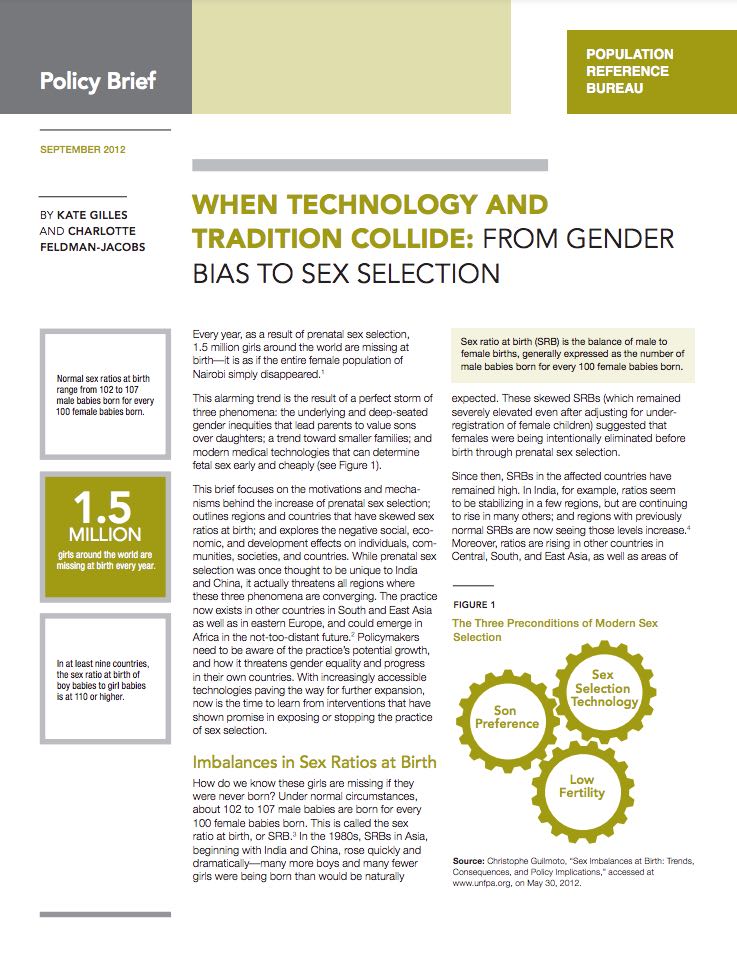Democratic Republic of Congo and Madagascar Connect Family Planning With Environmental Health
(2012) Remote rural communities in developing countries typically face the related challenges of extreme poverty, poor health, and environmental degradation. And population growth often exacerbates these challenges.




